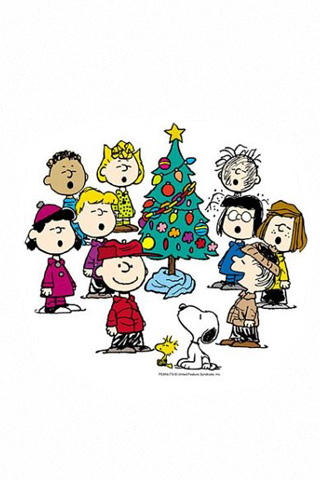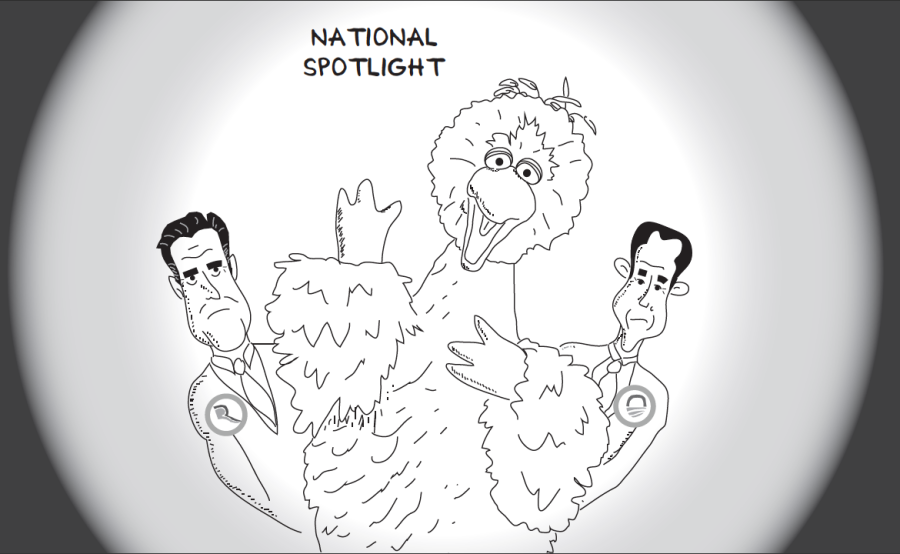 As you could probably tell from Google’s cute screen designs, last week marked “Sesame Street’s” 40th anniversary.
As you could probably tell from Google’s cute screen designs, last week marked “Sesame Street’s” 40th anniversary.
If you were a kid during the past 40 years, chances are you shared your mornings with Big Bird, Bert and Ernie, Oscar the Grouch and the rest of the crew.
I’m sure countless days began with that familiar hook: “Sunny day, Sweepin’ the clouds away. On our way to where the air is sweet.”
And for the next hour, we were transported to that friendly, Muppet-populated neighborhood.
When it debuted in 1969, “Sesame Street” was innovative television. Its main goal was to provide kids with a show that made learning fun.
It taught you things, but you had no idea you were learning. Anyone can tell you when you make something relatable and fun, it’s easy to learn.
Mornings spent with the “Sesame Street” crew teach children how to count to 10 and what good manners are.
“Sesame Street” is a classic. It paved the way for the wave of educational television for preschoolers. It’s the only kids’ TV show still around four decades after it came on the air. You think “Dora the Explorer” will still be running in 2040?
The 40th season of the hit show kicked off last week with first lady Michelle Obama unveiling “Sesame Street’s” new two-year curriculum: “My World is Green and Growing.”
The goal is to make kids aware of their environment. The fuzzy puppets won’t start preaching complicated, divisive political issues to 3-year-olds, but the show will try to teach kids reasons to love the world around them, and in turn treat it with care and respect.
It’s really a genius concept. If you believe global warming and taking care of the environment are important long-term issues, there’s no better way to ensure that future generations are aware of their importance than to inundate them with the idea.
Producers say every episode of “Sesame Street” for the next two years will feature some sort of environmental angle.
“Sesame Street” is in a unique spot. They have children’s minds when they’re easily malleable.
Preschoolers absorb everything. What they see and experience at that age shapes the way they see the world as adults. Kids take what Elmo and Grover say as gospel. It sounds weird, but the producers of the show can mold generations of children however they want.
With all this focus on the environment, is it any question what the collective opinion in our country will be 20 years from now?
The kids watching the show now are going to be in the real world, voting and helping form the national consciousness.
I’m not saying teaching these lessons isn’t worthwhile (I mean, who’s going to argue that taking care of the environment is a bad thing?), but I guess I never understood the implications of what we watch as kids.
In middle school, I loved the show “Even Stevens.” A few weeks ago, I saw a rerun playing on one of the Disney channels, so I recorded it. I had told one of my roommates earlier about how funny it was and how much I loved the show.
We sat down to watch it and … it was pretty awful. What I thought was one of the best shows of my childhood, something I raced home from school every afternoon to watch, actually wasn’t good at all.
What I’m trying to say is what we see as entertainment is relative. If we grow up with something, we’re more likely to think it’s good, funny or interesting. We watch something and we get hooked as a fan for life. Look back at an old episode of a show you liked as a kid (anything but “Seinfeld”) and you’ll probably feel the same way.
So by getting kids hooked early on “going green,” “Sesame Street” is indirectly forming the policies our country will have in a couple decades.
I bet you didn’t think Snuffleupagus had such influence, did you?




Solange • Nov 19, 2009 at 12:26 pm
Jack Kelley you look funny :DDD XD